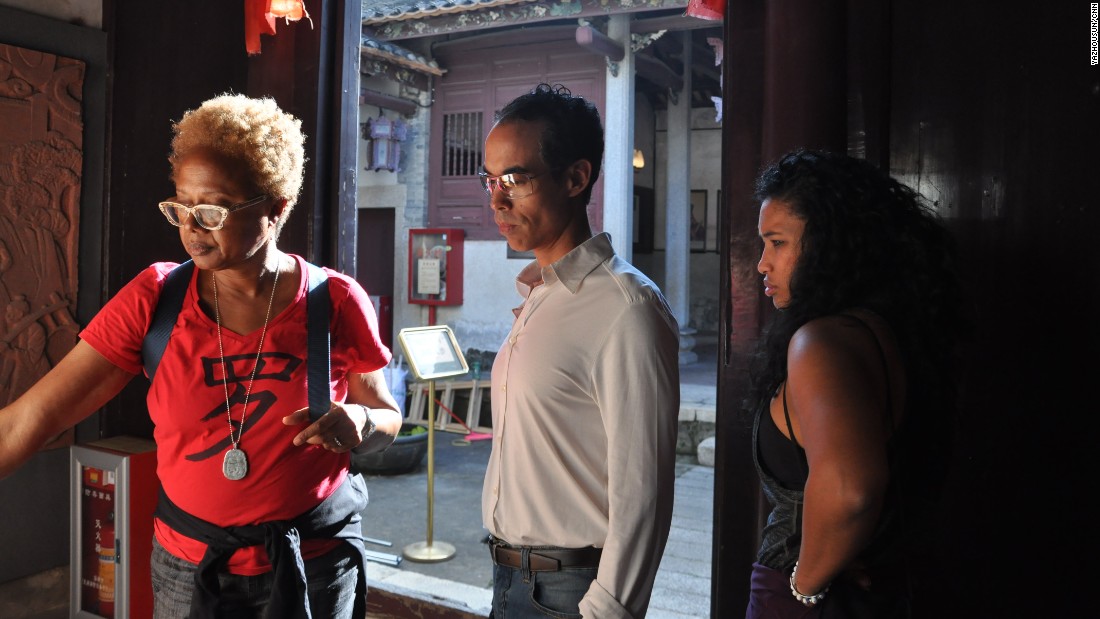When the Serendipitously Named Lovings Fell in Love, Their World Fell Apart
Smithsonian.com
2016-12-23
Christopher Wilson, Director of the African American History Program and Experience and Program Design
Smithsonian’s National Museum of American History, Washington, D.C.
The new film captures the quiet essence of the couples’ powerful story, says Smithsonian scholar Christopher Wilson
“My theory is, strong people don’t need strong leaders,” said human rights leader Ella Baker, who worked behind the scenes of the Black Freedom Movement for more than five decades. Her vision of participatory democracy was eloquently summed up in the composition “Ella’s Song,” written by Bernice Johnson Reagon, founding member of the music ensemble “Sweet Honey in the Rock.”
Not needing to clutch for power, not needing the light just to shine on me
I need to be just one in the number as we stand against tyranny.
The song honors Baker’s organic and populist activist philosophy of ordinary people working at the grassroots to create a more humane nation.
The story of Mildred and Richard Loving whose decade-long fight to live their lives, follow their hearts, and stay in their home culminated in the 1967 landmark case Loving v. Virginia that struck down laws against interracial marriage in the United States follows this sentiment.
Richard Loving and Mildred Jeter grew up in a rural community in Caroline County, Virginia. Despite statewide laws, rules and customs designed to keep the races separate, the Lovings’ community, isolated and agricultural, was quite integrated.
In the face of the long-held sexual taboos at the heart of white supremacist violence, the serendipitously named Lovings fell in love, but unlike others who kept such relationships hidden, in 1958 they drove to Washington, D.C., where they could legally get married.
The Lovings kept to themselves, but eventually word got out about their marriage. “Somebody talked,” Richard Loving said. Weeks later, they were arrested for violating Virginia’s 1924 Racial Integrity Act after a late night bedroom raid by the local sheriff, who was hoping to catch them having sex, which was also illegal. The Lovings pled guilty in January 1959 and were sentenced to one year in prison, but their sentence was suspended on the condition that they leave Virginia and not return together for 25 years. They couple moved to the District of Colombia, but longed to go home to the community they knew and loved. Five years later, in 1964, Mildred Loving sought relief by writing Attorney General Robert Kennedy and asking for help. Kennedy referred them to the American Civil Liberties Union, and three years later the Supreme Court unanimously ruled race-based legal restrictions on marriage unconstitutional.
The recently released film Loving, written and directed by Jeff Nichols and based on the wonderful 2011 documentary The Loving Story by Nancy Buirski, powerfully and artfully tells this story and testifies to the ability of feature films to take on historical subjects and add to public understanding of the past without fabricating events and misleading viewers…
Read the entire article here.



